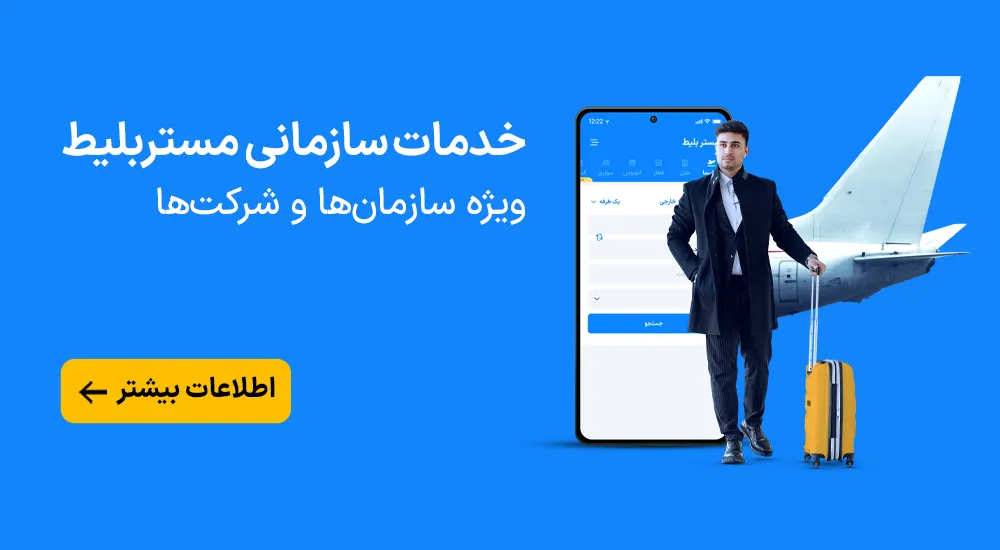
Understanding the Iran Charter: A Landmark in Legal and Political Reform
AlexJones
- 0
- 398
The Iran Charter, officially known as the “Charter on Citizens’ Rights,” is a significant document that represents an effort to modernize the legal and political framework of irancharter. Introduced in December 2020 by President Hassan Rouhani’s administration, this charter aimed to define and safeguard the fundamental rights and freedoms of citizens within the context of the Islamic Republic of Iran. While its contents have sparked much debate both within Iran and internationally, it remains a key element of the ongoing discussions surrounding governance, human rights, and reform in the country.
Background and Significance
The Charter on Citizens’ Rights was conceived as a response to both domestic demands for more democratic reforms and external criticism of Iran’s human rights practices. In the face of protests and growing calls for greater political freedoms, the Iranian government issued this document as a promise to uphold the basic rights of its people, in line with the country’s Islamic principles and national laws.
At its core, the charter seeks to enhance citizens’ legal protections, guaranteeing freedoms of expression, assembly, and access to information. It also emphasizes the protection of privacy, social and economic rights, and equality before the law. In this way, it was presented as a step forward in the country’s legal development, signaling that reforms were underway.
Key Provisions of the Charter
The Charter on Citizens’ Rights outlines various provisions, some of the most notable of which include:
- Freedom of Expression and Access to Information: The charter emphasizes the importance of freedom of expression, stating that citizens have the right to express their opinions publicly and access information. This provision, however, must be understood in the context of Iran’s existing laws, which often limit free speech, particularly in relation to criticism of the government.
- Political Participation and Transparency: The document underscores the right of citizens to participate in political processes, including elections and public decision-making. It also calls for greater transparency in government actions and decisions, a key issue that critics have often pointed to as a barrier to democratic accountability in Iran.
- Protection from Arbitrary Detention and Torture: One of the more progressive aspects of the charter is its strong stance against arbitrary detention and torture. It declares that no one shall be imprisoned or subjected to coercive interrogation methods without due process, providing citizens with greater legal protections in the event of legal action against them.
- Right to Privacy: The charter guarantees the right to privacy, asserting that personal communications and data should be protected from unwarranted government surveillance. This is a notable inclusion, as Iran has long been criticized for its extensive use of surveillance technologies.
- Gender Equality: The document includes provisions for promoting gender equality, seeking to ensure that women have equal access to education, work, and legal rights. While the charter affirms the rights of women, there are debates about whether these guarantees will translate into real change in a society where gender roles remain highly conservative.
- Economic and Social Rights: The charter also highlights citizens’ right to economic security, access to healthcare, and a decent standard of living. In a country grappling with economic sanctions and domestic financial struggles, this provision seeks to address some of the critical challenges facing Iran’s populace.
Challenges and Criticisms
While the Charter on Citizens’ Rights was hailed by some as a progressive step, it has been met with skepticism and criticism both inside and outside of Iran.
One of the major concerns is the lack of enforcement mechanisms. Critics argue that the charter is merely a symbolic gesture, as it does not contain concrete measures or mechanisms to ensure that the rights outlined in the document will be upheld. The government’s historical record of limiting freedoms, such as curbing the press, suppressing protests, and imprisoning political dissidents, casts doubt on whether the charter will lead to meaningful change.
Additionally, the charter’s emphasis on Islamic law, or Sharia, raises questions about its applicability in a broader international context. Critics argue that certain rights enshrined in the document may conflict with international human rights standards, particularly regarding women’s rights and freedom of expression.
Moreover, while the charter promises greater freedoms, the Iranian state’s track record of controlling political discourse and curtailing civil liberties has led to concerns that the document may simply serve as a public relations tool, aimed at easing international pressure and improving the image of the government abroad.
Impact and Future Prospects
Despite the criticisms, the Iran Charter holds significant importance in the broader context of Iranian politics. It represents an official acknowledgment of the need for reform and a formal commitment to protect citizens’ rights, a step that could potentially pave the way for future legal reforms.
The effectiveness of the charter will depend on how it is implemented in practice. Iran’s political landscape remains tightly controlled by conservative factions, and the charter’s promise of political and civil freedoms could face significant resistance from these groups. The true test will come if the charter is put into action—whether it leads to real improvements for Iranian citizens or remains a set of lofty ideals that fail to materialize in the face of entrenched political power.
In conclusion, the Iran Charter stands as a landmark in the country’s history of governance, an attempt to balance legal reforms with the traditional values that shape Iranian society. While its potential for genuine reform is uncertain, the document has opened a door for discussion about rights, justice, and the future of Iran’s political system. The world will be watching to see how this charter evolves, and whether it becomes a tool for positive change or a mere symbolic gesture.